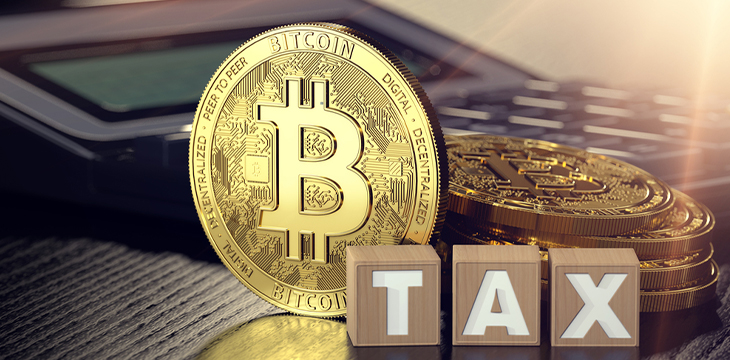South Korea’s ruling party has proposed postponing the disputed 20% tax on annual digital asset gains by yet another two years.
Originally scheduled to take effect in 2021, the proposed taxation caused uproar in the South Korean digital currency space, forcing the government to postpone it to 2023 to prepare the industry better.
After the People Power Party (PPP) took up the reins in 2022, it promised the industry it would review the tax. It ended up postponing it to January 2025. However, in the run-up to this year’s legislative elections in April, PPP promised to push the implementation even further as part of its election pledges.
The ruling party, which suffered a defeat at the polls at the hands of the opposition Democratic Party of Korea, is keeping its pledge. On July 12, it submitted a proposal to postpone the tax to January 1, 2028.
If the proposal passes, the tax will take effect seven years after it was first proposed. Partisan politics are the biggest impediment to this proposal—the opposition controls the legislature, accounting for 192 of the 300 seats. However, the tax postponements have previously enjoyed bipartisan support.
The continuous postponements reflect the unpopularity of the tax proposals. Under existing South Korean capital markets laws, investors pay capital gains tax if their profits from stock trading exceeds 50 million won (around $36,000). However, with digital assets, the government has proposed a 2.5 million won ($1,800) threshold.
The PPP has promised to amend the proposal and ease up on some of the stipulations, but it will not abandon the entire framework.
In its latest proposal to postpone, the PPP acknowledged that imposing the taxes next year could wipe out the market.
South Korea’s digital asset industry is one of the largest in the world, with exchanges like Bithumb and Upbit consistently processing billions of dollars in daily volume. In the first quarter of this year, digital currency trades facilitated by the Korean won hit $456 billion, eclipsing the U.S. dollar to become the most popular settlement fiat currency in the sector.
Watch: CoinGeek Weekly Livestream with Kurt Wuckert Jr. on Untangling Web3

 02-17-2026
02-17-2026 




